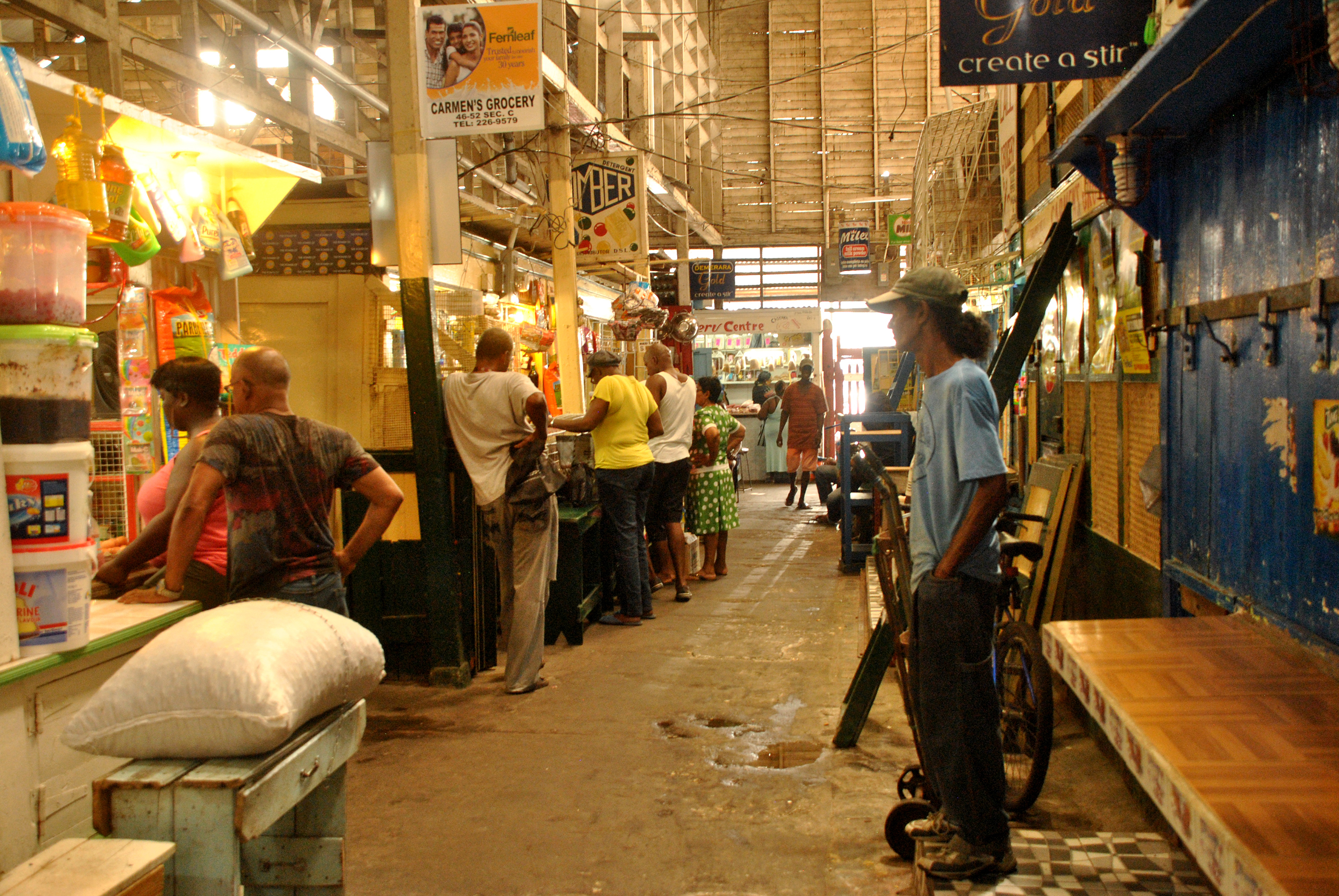These days, more than 300 vendors ply their trade on the streets and pavements of Georgetown. They are more than part of the urban commercial landscape; they are part of the capital’s history, many, perhaps most of them, being the children and in some instances the grandchildren of the original hardy breed, pressed into that option by the inability to find alternative employment. There are instances in which successive members of the same family have toiled for generations literally at the same spot or on the same corner.
Not much has changed for these intrepid traders over the years. Their presence may have added a different dimension to the colour of urban life, but their circumstance, as a business group that remains on the periphery has not changed.
Over time, new, arguably more convivial trading spaces have sprung up. Merriman Mall, for example, comes to mind. Once you dig deeper into the business of vending, however, you make some surprising discoveries. You discover, for example, that the practice is, to a large extent, illegal and inevitably, poorly regulated. The vendors, City Hall readily concedes, have few responsibilities and possess little or no rights beyond those ceded to

